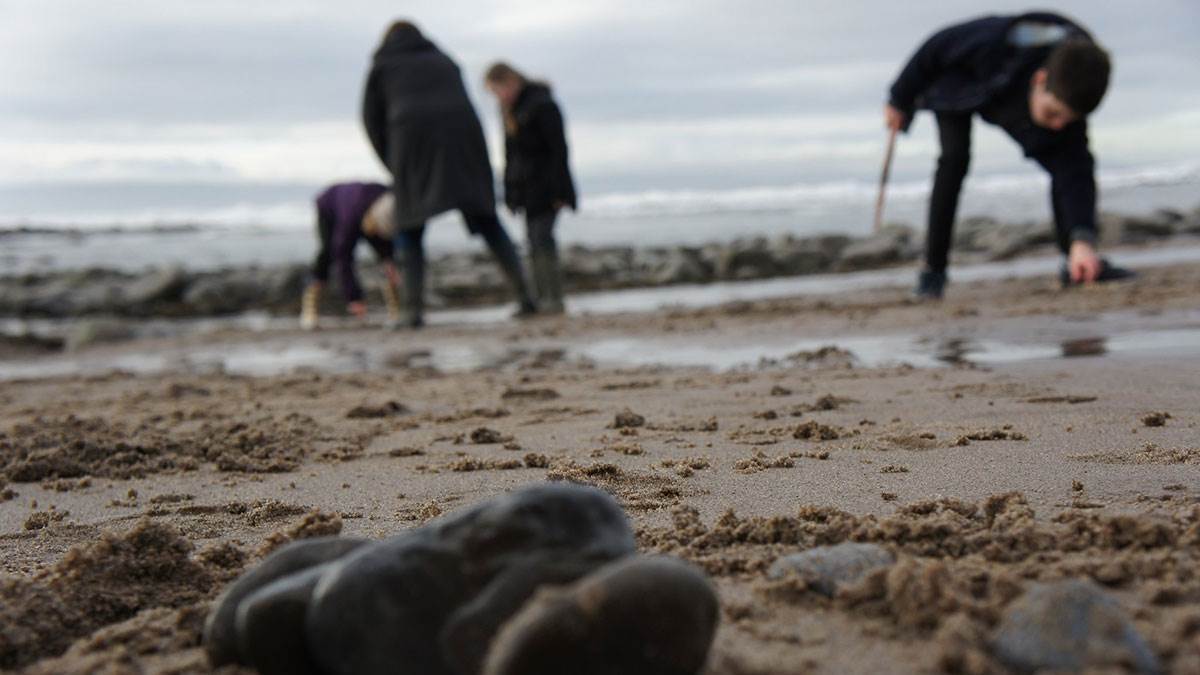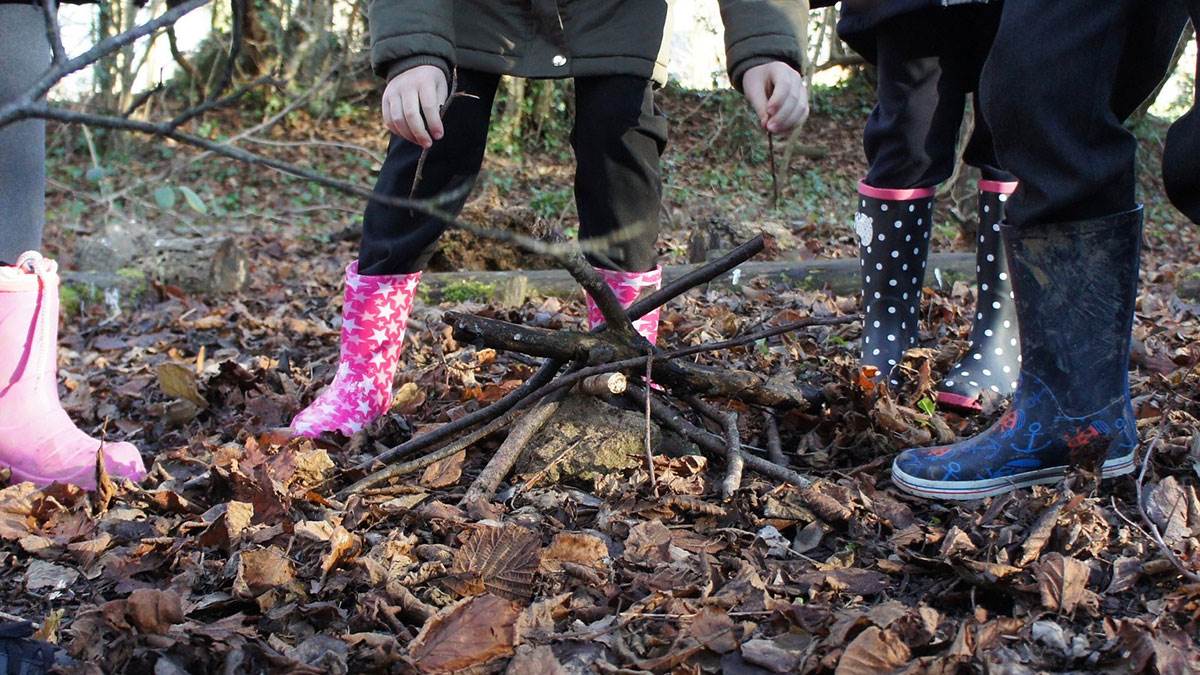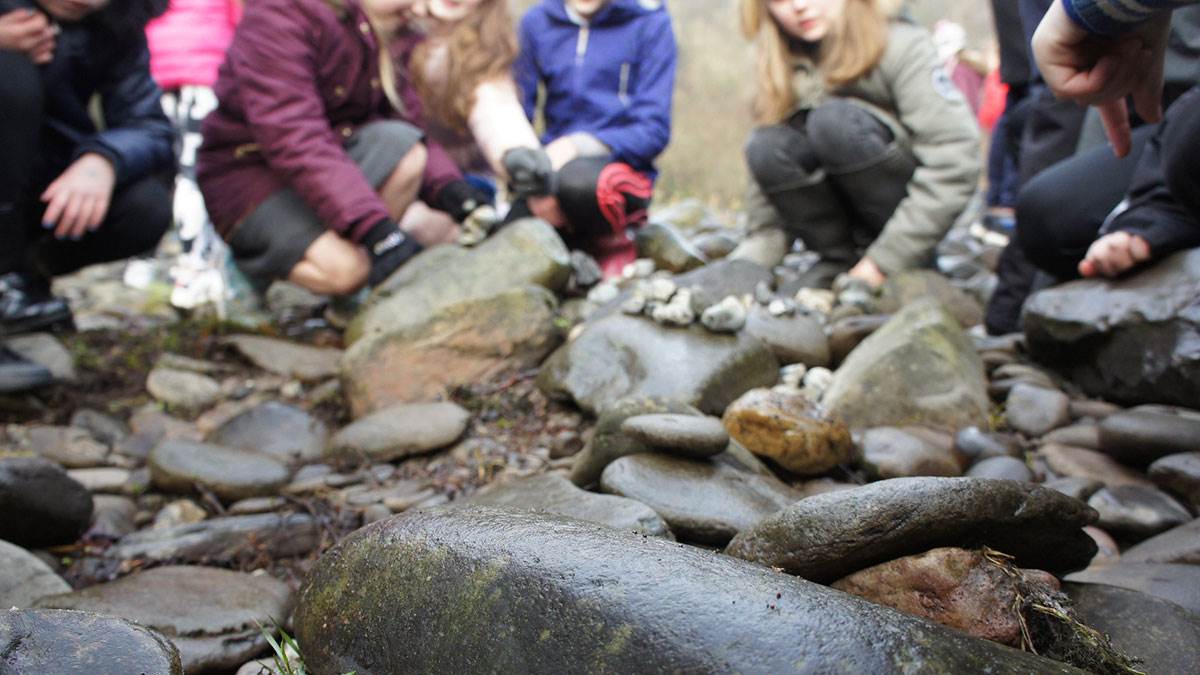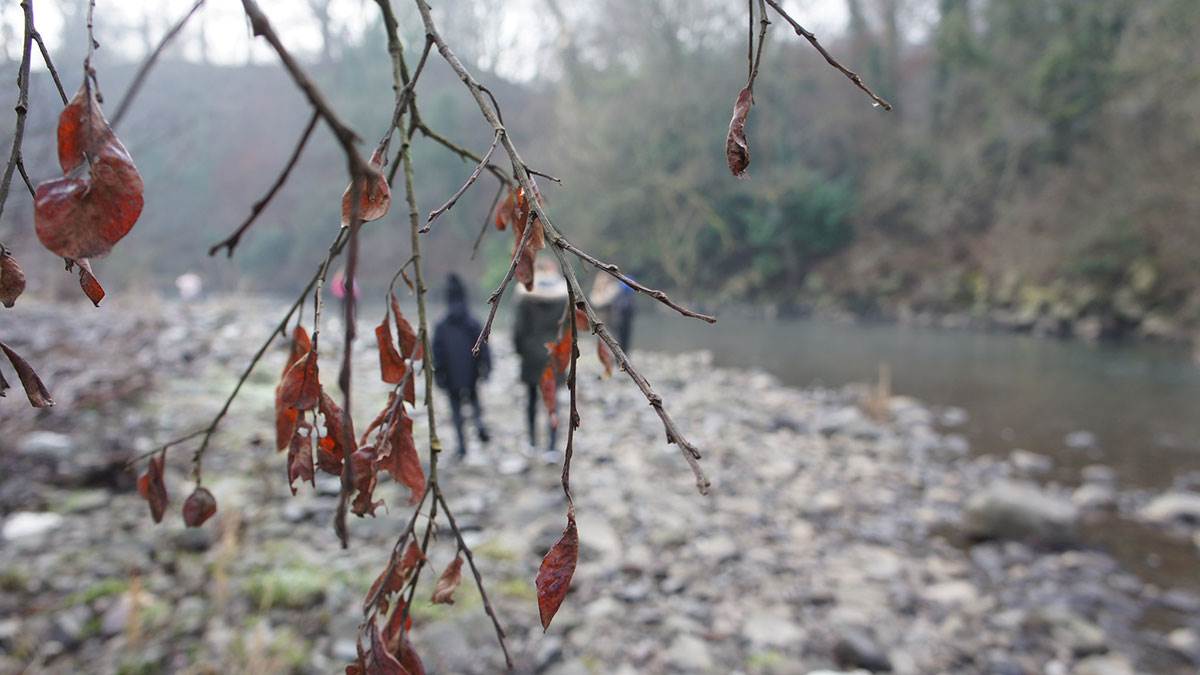Telling and sharing stories for National Storytelling Week
Published on: 28 January 2020 Author: Michael Harvey
It’s National Storytelling Week, 1-8 February! Storyteller Michael Harvey tells us his tips on how to become a storyteller too.
I have been telling stories as a full time job for twenty-five years and it never ceases to amaze me how people of all ages and backgrounds sink into the world of the story as if it was something they do everyday.
I tell stories in schools to children of all ages and I have frequently been told by frustrated teachers that a certain group ‘will not keep still for more than ten minutes.’ I smile and nod and, three-quarters of an hour or an hour later, the group are still with me with their eyes shining and smiles on their faces.
It is a common thing for me to go into a school a year after a storytelling session and be stopped in the corridor by a pupil who will tell back the story I told them the previous year. So much for short attention span!
If telling stories is so great, why aren’t we doing it all the time? The truth is, it’s more a question of habit than talent or ability. Starting to tell stories in the family when you are not used to it can feel a bit embarrassing and strange to begin with. Luckily there are few simple ways to nudge ourselves gently into storytelling…
Objects
My grandchildren rummage around our house and pick up objects and play with them. This can turn into a make-believe story. If the object has some memory for you, you can also tell them the story behind the object and start to enrich the family stories of the children in your life.

Get outside
In Wales we are lucky to have woodlands, beaches and other beautiful places within easy reach. Adults want to walk through the landscape but children want to hang out in it. This often turns into den building and soon you will have a lovely story den to play and tell stories in.

Easy does it
It is best to encourage storytelling in a gentle and playful way without any big expectation. You will find that the focus will move from physical play and exploration to make believe play and from there you have the chance to get into a story by asking some simple questions based on your own curiosity and interest. If a child gets interested in a particular stick or stone, you can ask ‘Whose stick is that?’, or ‘That’s a lovely stone. Why is it special? Whose is it?’. From there you can let the story develop. Do not worry if children get distracted by other things around them. Just let the story go, follow the momentum of the children’s play and, later on, you may come back to the story that you thought they had abandoned.

Memory making
On the journey home, or once you are back in the house you can already start talking about your day as a story. ‘Do you remember making that den and the huge piece of wood you used? Do you remember when you were in the den and a bird sang really loud, just beside you?’ Questions like these can really help develop the story habit and before long telling stories will be a joyful and regular part of your family life.

Michael Harvey is a storyteller based in Wales who works in community settings, in schools, in theatres, festivals, libraries, village halls, pubs, museums and galleries.
You can listen to Michael’s stories by visiting his website here
Topics: Welsh language, Nature, Features, Wales, Reading Tips





Add a comment